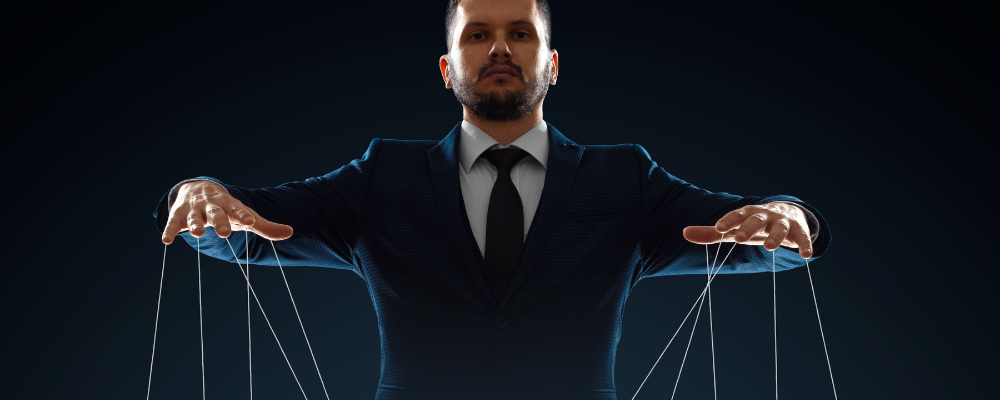In the modern age, our desires often seem influenced by various external factors, sometimes leaving us wondering who or what is behind the scenes shaping our wants and needs. From societal norms to advertising tactics, the landscape of desire manipulation is vast and intricate. In this blog, we’ll explore the concept of intentions and delve into the realm of Access Bars therapy to understand how it can offer a path to reclaiming control over our desires.
Understanding Desires: The Driving Force of Human Behavior
- Definition of Desires: Desires encompass the array of impulses and motivations that fuel human actions and decisions. These intentions can be categorized into various levels, ranging from fundamental physiological needs like hunger and thirst to complex emotional and psychological yearnings such as love, achievement, and self-actualization.
- Range of Desires: Desires vary widely among individuals and cultures. While some intentions are universal, such as the need for sustenance and safety, others are more personal and subjective, shaped by individual experiences, values, and aspirations. The spectrum of intentions encompasses tangible and intangible goals, from material possessions to spiritual enlightenment.
- Role of Desires in Human Behavior: Desires serve as powerful drivers of human behavior, influencing our thoughts, emotions, and actions daily. They provide motivation and direction, guiding individuals toward pursuing goals and fulfillment. Whether consciously or subconsciously, desires shape our priorities, decisions, and perceptions of success and satisfaction.
- Impact of Desires in Society: In modern consumer-driven societies, intentions play a central role in shaping economic, social, and cultural dynamics. Pursuing intentions drives consumption patterns, influences market trends, and fuels competition and innovation. Moreover, societal norms and expectations often shape and reinforce certain intentions, perpetuating specific value systems and lifestyles.



